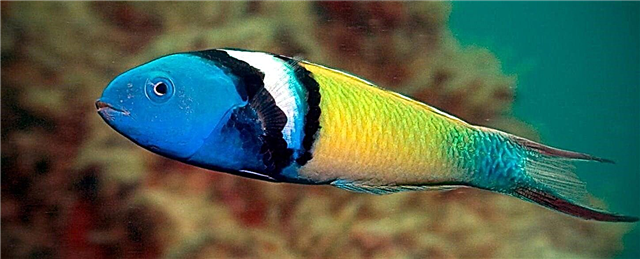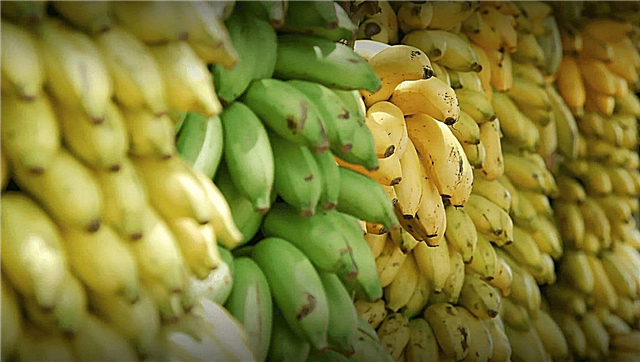
Surely everyone knows the simple but fascinating chemical experience with salt from the school curriculum, namely, crystal growing. Is such an experiment possible with sugar? And how do both substances interact with water?
How and why is salt evaporated?
If you mix the salt with water, it will be in solution in the form of sodium and chlorine ions (Na + and Cl-). For these ions, further decay is not characteristic, and they can only form salt crystals. Thus, if you leave the concentrated brine in the open air in the tank, then the water will evaporate over time, and small salt crystals will remain at the bottom. This process can be accelerated by evaporating water under the influence of temperature. The salt evaporates well due to its suitable chemical composition.
There are many varieties of salt that are obtained in various ways. So, sea salt is produced by evaporating sea water. This process takes place in special artificial reservoirs.

Interesting fact: You can find a large number of types of salt that differ in color: gray, pink, red and even black. The color of such a salt does not depend on sodium chloride itself, but on related substances - algae, clay and other impurities that were in the pond. The presence of a shade indicates that such a salt has undergone an incomplete treatment cycle. It is considered exotic and can be used for various purposes.
Of great interest is the ordinary salt, which is eaten. Over the years, the name “table salt” has been indicated on packages with this product, but now it will be called food in accordance with the requirements of GOST. The fact is that only salt that is obtained by salting can be called table salt. This is a technological process during which salt crystals are obtained from salt solution on evaporators (it is also called boiling out).
But salt can be obtained in another way, for example, by multiple purification of the extracted halite mineral (rock salt) and further drying using a centrifuge.

Can sugar be evaporated?
Obtaining sugar by the same principle as salt is much more difficult, but it is still possible. So it cannot be argued that sugar does not evaporate. If you dissolve it in water and heat for a long time, you get syrup. The fact is that sucrose, under the influence of high temperature, undergoes caramelization processes. As a result, a large number of new substances appear, which just complicate the evaporation process.
But if you continue heating, gradually the water will evaporate. The result will be the most concentrated sugar that needs to be dried. You can do another way - pour the syrup into a plate and leave it in this position in the open air. The process will last a long time, but sooner or later the water will evaporate.
Sugar is evaporated on an industrial scale, which is another proof of the possibility of this phenomenon. In particular, in this way it is obtained from a special plant - sugarcane. Briefly, this process can be described as follows:
- Only reed stalks come into production. They are squeezed in order to obtain juice.
- The liquid is purified in several ways, in particular, the separation of unnecessary sludge by lime occurs. These are complex technological processes whose ultimate goal is to obtain the most pure reed juice without impurities.
- Pure juice is sent to the residue. During this process, the liquid becomes much thicker.
- The next step is to obtain massecuite. This is a mass that consists of sucrose crystals and a solution. Cooking takes a lot of time and is carried out in a special vacuum apparatus. At this stage, the crystal is turned on - sugar is added to the syrup, resulting in many small crystals.
- The massecuite goes to crystallization - cooling, and then bleached in special centrifuges and sugar is obtained.
Interestingly, approximately the same principle is extracted from ordinary beet sugar. But there are some differences in technology. For example, beet juice is not extracted by pressing, but using the extraction method. In simple terms, the beets are cut in the form of chips and filled with hot water in a diffusion battery. As a result of this process, beet juice enters the water. The resulting liquid is subsequently treated with approximately the same principle as cane juice.
Short answer
Sugar and salt can be evaporated, but in the case of sugar this process is longer and more complicated.The salt's predisposition to evaporation is explained by sodium and chlorine ions, which do not decompose into new elements, but are combined into crystals. Sugar under the influence of heating is caramelized, and sucrose forms many new substances. But complete evaporation of sugar is possible, despite the difficulties. Due to this, sugar is obtained from beet and cane juice in industries.












